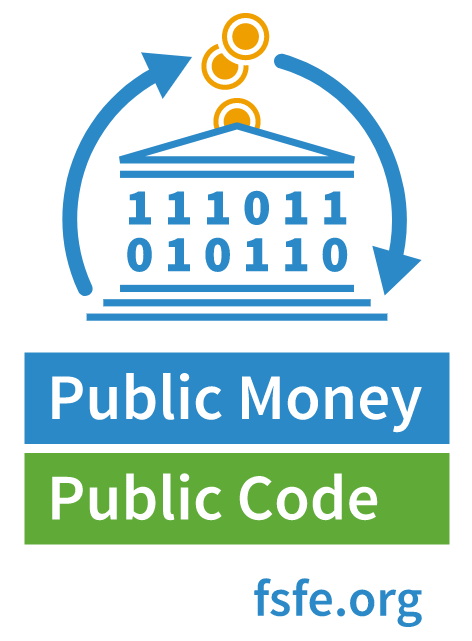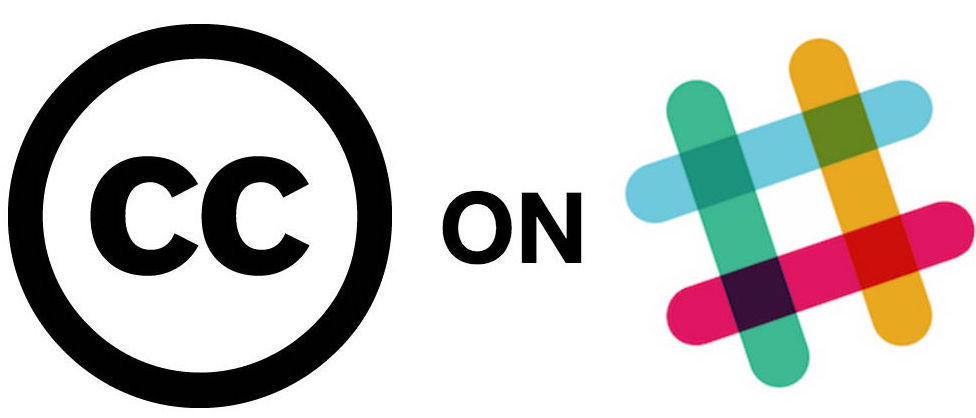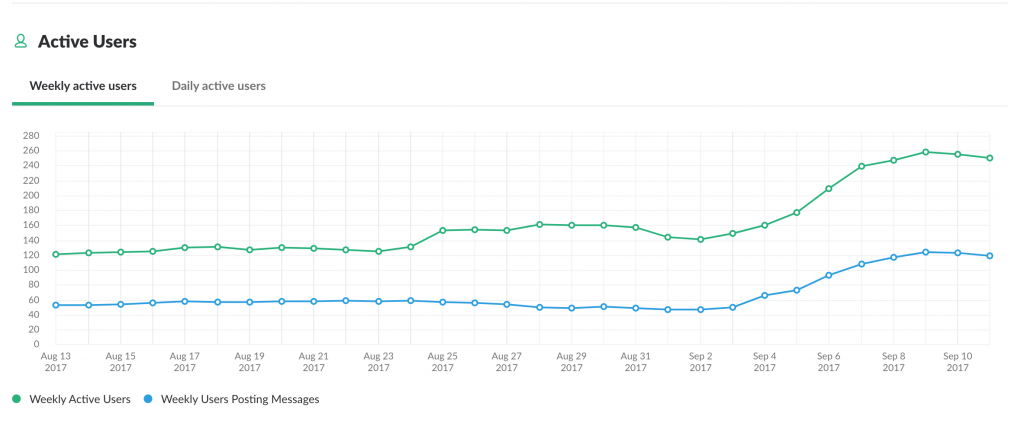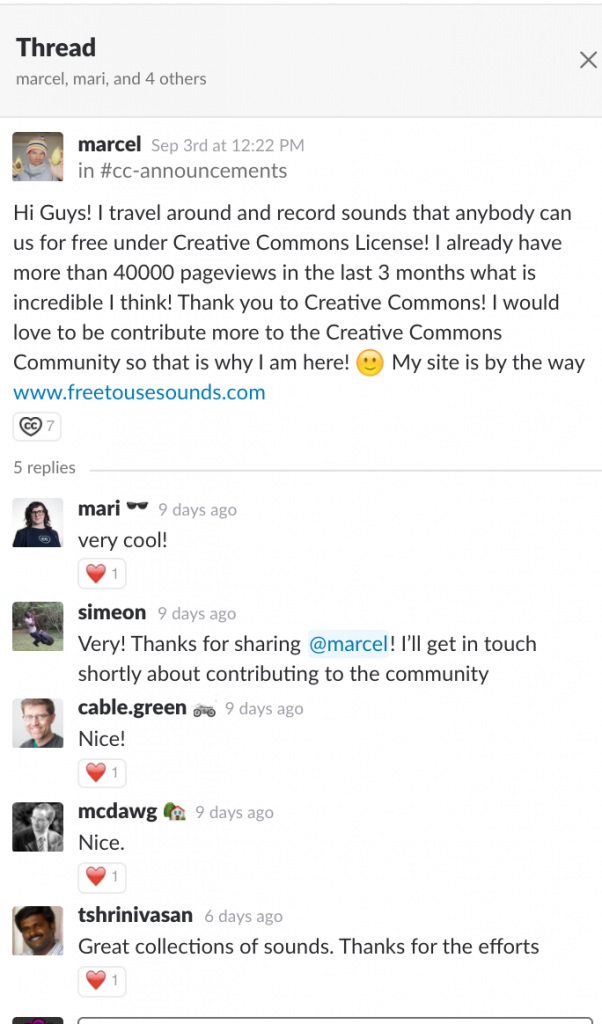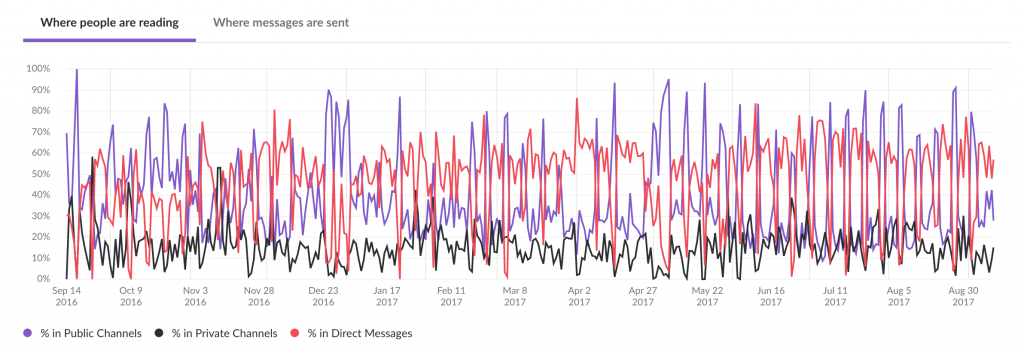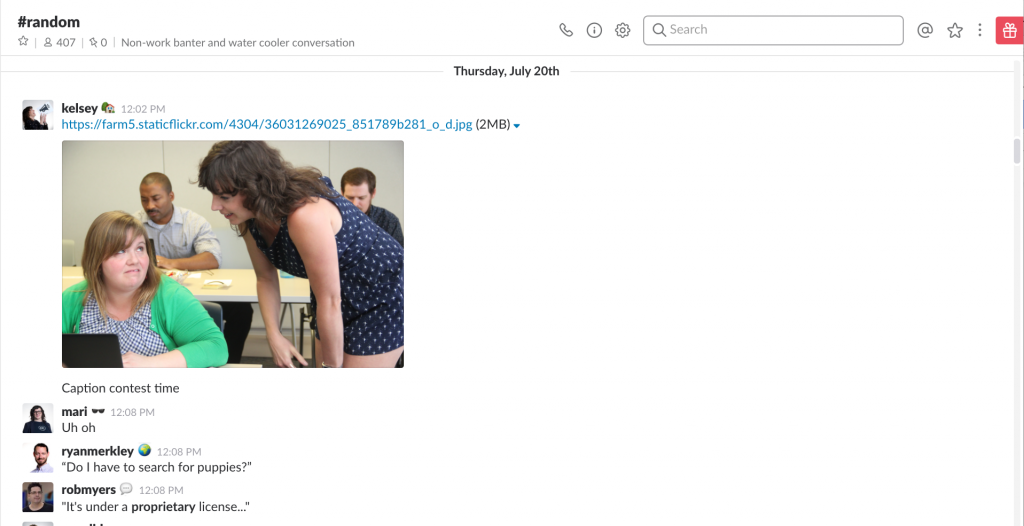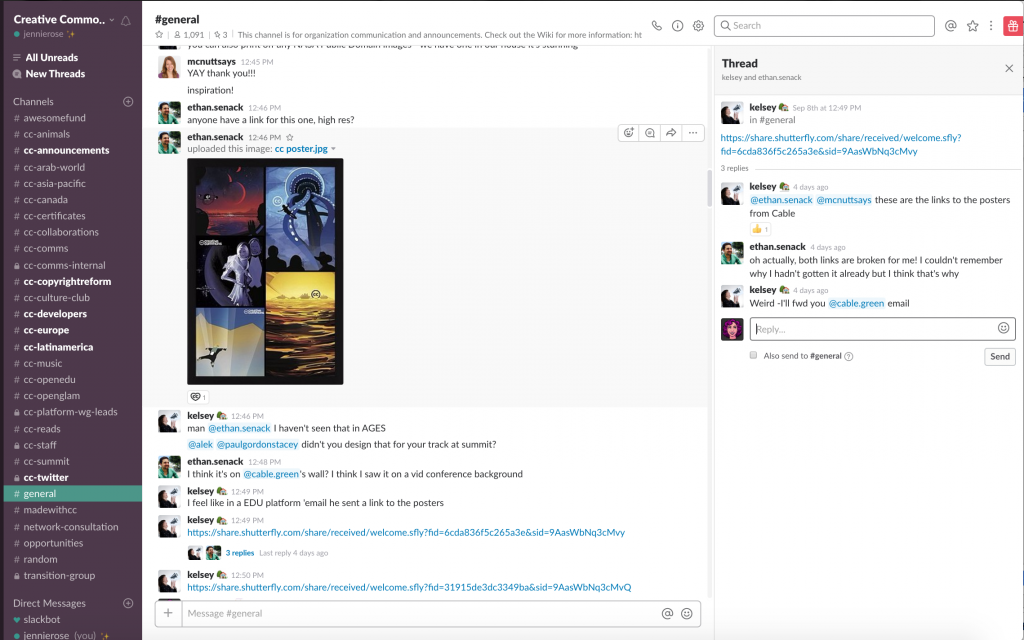Tratado de livre comércio União Europeia-Mercosul prejudicaria os direitos dos usuários e o conjunto de bens comuns (commons)
mercredi 20 septembre 2017 à 18:45Hoje, a Creative Commons publicou uma análise do projeto de capítulo de propriedade intelectual do acordo de livre comércio entre a União Europeia e o Mercosul, que abarca diversos aspectos vinculados a direitos de autor e direitos conexos. Nós examinamos questões que seriam prejudiciais ao domínio público, à criatividade e ao compartilhamento, e envolvendo os direitos dos usuários na era digital.
A União Europeia (UE) e o sub-bloco regional da América Latina, formado por Argentina, Brasil, Paraguai e Uruguai (o Mercosul) vêm negociando um tratado de livre comércio (TLC) desde o ano 2000. O TLC UE-Mercosul é amplo, abarcando o comércio de bens industriais e agrícolas, potenciais mudanças nas regras aplicáveis a pequenas e médias empresas e às compras públicas, e provisões sobre propriedade intelectual como patentes e direitos de autor e direitos conexos. As negociações para um TLC UE-Mercosul continuam em um momento em que vários dos países afetados — incluindo Argentina, Uruguai, Paraguai e até a União Europeia — encontram-se em um processo de revisão de suas próprias leis de direitos autorais.
Apenas alguns capítulos do projeto do TLC UE-Mercosul foram disponibilizados ao público. Em novembro de 2016, a União Europeia publicou uma proposta de capítulo sobre propriedade intelectual, que é a versão mais recente disponível publicamente. Organizações da sociedade civil e o público são geralmente excluídas de participar em — ou de até observar — as reuniões de negociação.
As negociações do TLC UE-Mercosul acontecem em um contexto de ampliação da construção de políticas de direitos autorais por meio de acordos de comércio multilaterais. Existem diversas negociações em curso, incluindo o Tratado Trans-Pacífico (TPP), a Associação Econômica Regional Ampla (RCEP, na sua sigla em inglês), e a renegociação do Tratado de Livre Comércio da América do Norte (TLCAN).
Cada um desses acordos inclui provisões que regulam a propriedade intelectual, e as recentes rodadas de negociação desses pactos comerciais mostram que, quando se põem os direitos autorais em jogo, há uma pressão significativa para a incrementar drasticamente as possibilidades que têm os detentores de direitos de solicitar medidas de observância (enforcement) de seus direitos, junto com pressões para aumentar os prazos de duração dos direitos autorais, e exigir sanções mais severas por infrações. Ao mesmo tempo que as demandas dos titulares de direitos são completamente atendidas, pouquíssima consideração é dada aos direitos do público. As limitações e exceções para os direitos autorais são minimizadas, ou sequer estão presentes. No texto em questão, é perceptível a mão invisível (e poderosa) da União Europeia, que deseja exportar as cláusulas mais benéficas para os detentores de direitos (como maiores prazos de proteção harmonizados), mas só quer permitir o mínimo absoluto quando se tratam de limitações e exceções (admitindo apenas a cópia temporária).
- A extensão dos prazos de proteção dos direitos autorais é desnecessária e injustificada: O texto provisório do capítulo sobre propriedade intelectual propõe estender a duração da proteção do direito de autor para aqueles países que ainda não aderiram ao prazo de 70 anos após a morte (o chamado vida + 70). Aumentar a duração da proteção do direito de autor posterga o ingresso das obras no domínio público, no qual elas podem ser utilizadas por qualquer um para qualquer propósito. Também exacerba problemas relacionados ao longo prazo de proteção, como o problema das obras órfãs.
- Os direitos dos usuários devem ser protegidos mediante a expansão das limitações e exceções: a proteção do direito de autor e as medidas de penalização sempre devem ser reguladas reconhecendo e defendendo os direitos dos usuários no ecossistema do direito de autor e direitos conexos. Mas o capítulo de propriedade intelectual não inclui salvaguardas similares às incluídas nos mais recentes acordos comerciais e nos acordos internacionais de direito de autor que promovem e protegem o equilíbrio.
- A remuneração obrigatória frustra as intenções de alguns licenciantes em Creative Commons: o capítulo de propriedade intelectual inclui uma cláusula que exigiria a remuneração obrigatória para os intérpretes e produtores de obras musicais. Essa provisão pode ser bem intencionada, mas interferiria com a operação de algumas licenças de Creative Commons ao requerer um pagamento mesmo quando a intenção do autor é compartilhar sua obra com o mundo de maneira gratuita.
- Medidas de proteção tecnológica não devem limitar o exercício dos direitos dos usuários: o capítulo de propriedade intelectual inclui proibições à circunvenção de medidas tecnológicas de proteção para ter acesso a uma obra, assim como uma provisão que proibiria a criação e o compartilhamento de tecnologias que poderiam permitir a um usuário circunvencionar medidas tecnológicas de proteção. O problema é que essa provisão não leva em conta situações nas quais os usuários deveriam poder utilizar uma limitação ou exceção, mas não o podem fazer devido às proibições existentes para circunvencionar uma medida tecnológica.
- Ordens judiciais preventivas contra infrações “iminentes” prejudicam a liberdade de expressão e a certeza jurídicas: o capítulo de propriedade intelectual introduz a ideia de que, por ordem judicial, tanto infratores quanto intermediários (o que inclui os provedores de serviços) poderiam ser obrigados a tomar providências para “prevenir qualquer infração iminente de um direito de propriedade intelectual”.
- Negociações de acordos comerciais devem ser transparentes e envolver o público: Negociações de acordos comerciais devem ser transparentes e participativas. E não o são. A confidencialidade demonstrada na negociação do TPP e de outros tratados de livre comércio têm deixado organizações como a Creative Commons e o público em geral em extrema desvantagem, na medida em que apenas poucos atores privilegiados convidados ao círculo fechado de negociação tiveram seus interesses plenamente considerados.
Para ler nosso documento de análise completo, clique aqui.
The post Tratado de livre comércio União Europeia-Mercosul prejudicaria os direitos dos usuários e o conjunto de bens comuns (commons) appeared first on Creative Commons.
